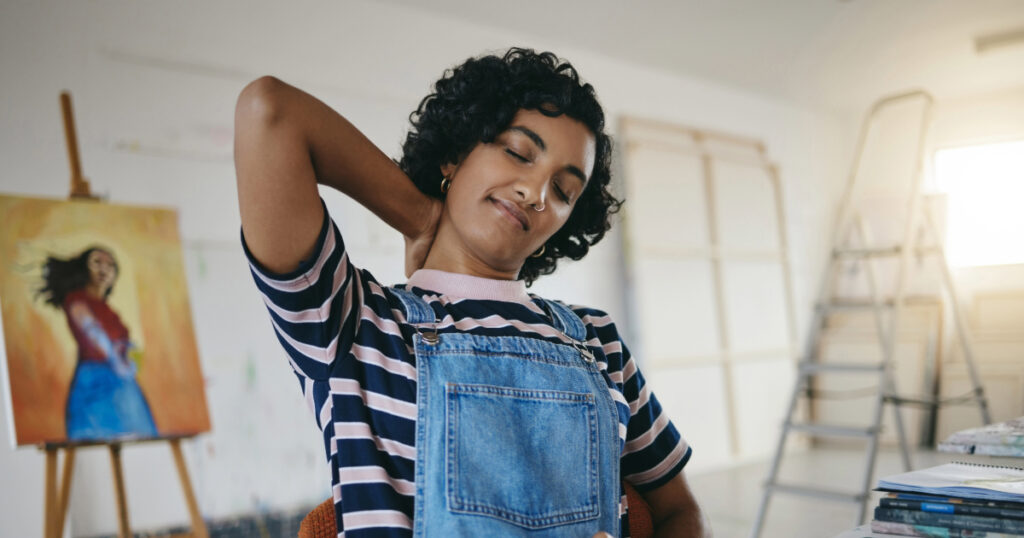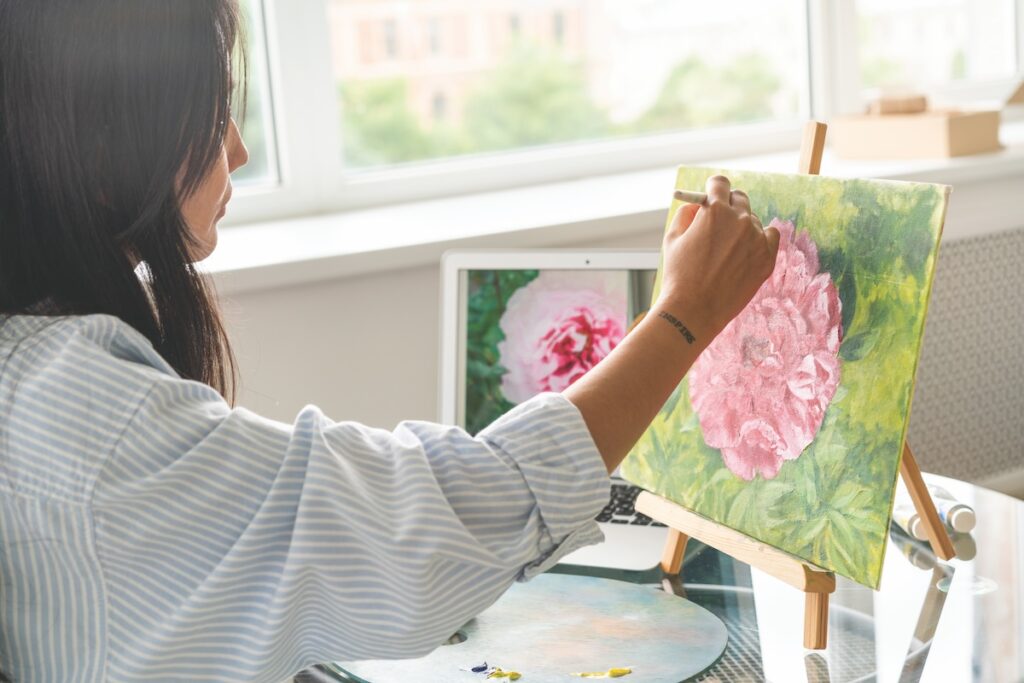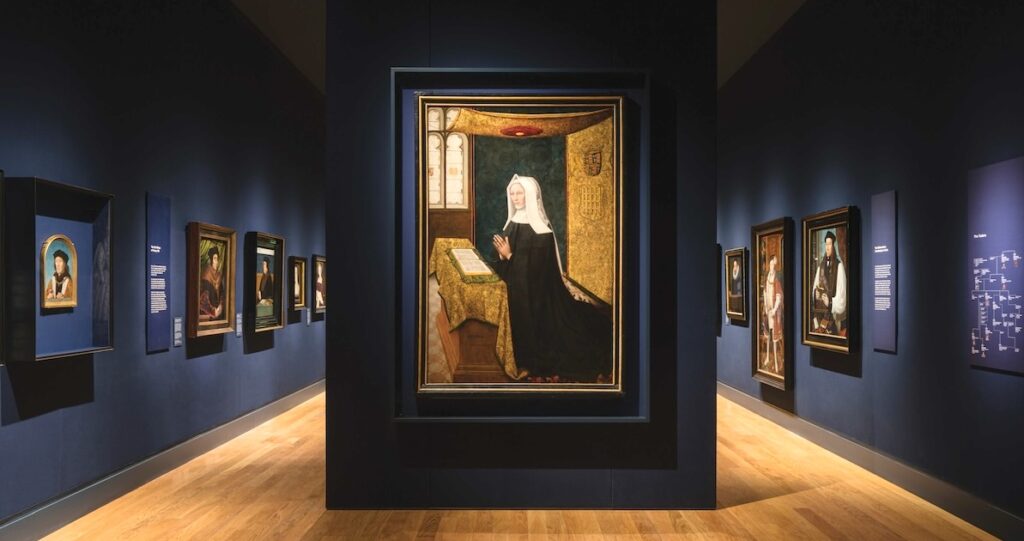Art Goals: Winning an Art Contest

Got goals? If winning an art contest is one of them, here’s all the advice you need to know in order to get your work in the spotlight. Frank Eber, who co-juried the 99th National Watercolor Society Annual Exhibition, shares his best insights on how to bring attention to your work.
Critical Recognition
In workshops, I often get asked this question: What should I paint to get into a national exhibition? It’s a common question because, of course, artists want recognition for their creative efforts. But let’s start with a different question: Is entering a competition a good idea? The answer isn’t straightforward.

watercolor on paper, 14×17
There’s no doubt that winning awards can help grow your reputation in the art world. Developing a name on the national level can be especially helpful if you have ambitions to be an art instructor. It can also mean financial support if your work wins prize money. As an artist friend of mine once said: As artists, we have to wear many hats to make a living.
It’s also rewarding to get recognition from peers. If your work is considered high quality by various art societies, you may gain signature membership and the chance to show your painting alongside other nationally renowned artists. All support feels good, but there’s something especially gratifying about a nod from established artists and reputable art societies.
Start with a Local Art Contest
To ease in to the world of competitions, it’s a good idea to start at the local level. Try to get into art shows in your area before attempting to break into the national ones. If you’re winning prizes in local or even statewide competitions, there’s a good chance that you’ll also get recognition among a wider swath of artists. It’s not always easy to be objective, but you need to determine where your art stands in terms of quality and artistic development.

Compare yourself to the best artists within your genre and see if your paintings meet the same standard. If you’re having a hard time judging your work, ask for an honest opinion from an artist you respect. Try to avoid asking family members or your significant other for a critique, as they’ll naturally default to praise.
Be Realistic
There are many competitions nowadays, so pick your battles carefully. Entering the most prestigious should be your long-term goal. If you’re working mostly in one medium, it’s easy to find the most well-known. Focus on submitting your work to those, as entering too many shows can be costly. There are entry fees, membership fees and shipping costs for paintings with return labels, not to mention framing costs.
Avoid the Pitfalls
One mistake to avoid is to start painting for the competitions. Many artists fall into this trap, especially once they get in a show and win. If you find yourself contemplating what to paint for this year’s Fill-in-the-Blank Annual Exhibition or art contest, you’re probably guilty. It should always be the other way around: You have an amazing painting and you think it might just be good enough to submit to a national exhibition.

Another pitfall is to try and please a specific juror by attempting to paint what you think will interest him or her. Your motivations to paint must be your own. Your art should express your vision. If you make sure to submit work that is 100 percent you, it’s likely to be your strongest work.
To Enter or Not To Enter
There are many established artists who never submit their work into exhibitions and national shows. By submitting your work, you grant someone permission to judge your painting, which is a personal decision. Ultimately, a painting can’t be judged without bias. It’s like music. The reality is that you can only ever compete with yourself.
Take it all, win or lose, with a grain of salt. One positive is that your submission fee likely will support a non-profit art association that consists of volunteers who stage exhibitions with wonderful artwork for the general public. We artists need these kinds of people and organizations. Without them, there would be much less opportunity to show our work in public.
So, is it a good idea to enter a competition or art contest? Mostly, yes, as long as the pursuit of acceptance doesn’t become your artistic raison d’etre. We have a need as artists to share our genuine feelings and ideas. When art comes from that deeper place, the accolades will arrive without much effort.
About the Artist
Frank Eber (frankeber.com) was mentored by master Renato Casaro. He strives to create timeless art and to convey a subjective, emotional response to the natural world.
Article and accompanying images, by Frank Eber, first appeared in Watercolor Artist, December 2019 issue.





Thanks for sharing this. BUILDERS IN TRIVANDRUM